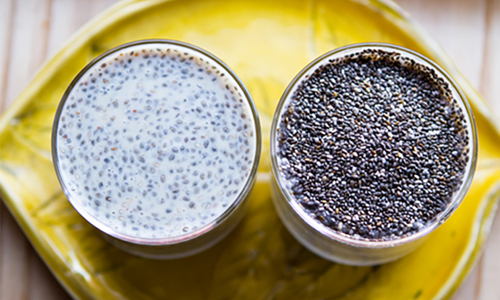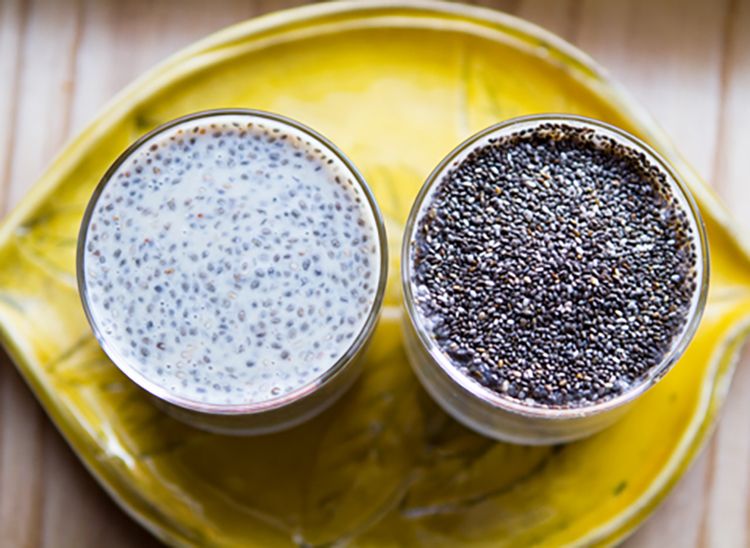

You may be focused on getting enough iron, calcium and protein, but do you ever think about zinc? The essential trace mineral is responsible for proper immune function and cell growth and can cause serious issues when not fully present in our daily diets.
So what is zinc exactly and why do we need it? The essential mineral helps enzymes carry out imperative cellular functions, including cell division and metabolism. This means healthy levels of zinc are vital for our bodies to grow at a normal clip and for our immune systems to protect us. Zinc is also associated with the function of our hormones and emotions, meaning more stable moods and cognitive balance.
According to a study done by LabDoor.com, zinc deficiency symptoms can range from hard-to-notice issues, like an impaired sense of taste, loss of appetite or acne, to serious effects such as impaired immune function and delayed wound healing.
Zinc deficiencies are most common in older adults, vegetarians and pregnant women who are outputting much of their nutritional resources into their growing babes.
Vegetarians and vegans are at risk for zinc deficiency, as the most abundant sources of zinc tend to be animal proteins. Zinc can, of course, be found in plant sources such as legumes and grains, but they must be consumed in greater quantities. 2016 is the year of the pulse, after all, which are great sources of plant-based zinc.
Pregnant women should pay great attention to their zinc levels, as the mineral plays a huge role in growth and development in unborn babies. Prenatal vitamins tend to load women with folate and iron, which are also important for fetus development. However, these minerals decrease the bioavailability of zinc or our bodies absorption ability. Because low levels of zinc can lead to premature delivery and low birth weight, women who are pregnant or hoping to become pregnant should talk to their doctors about the best zinc supplements.
So how much zinc do you need? Adults 19 and over need between 8 and 11 mg. Pregnant women should focus on getting a full 11 mg and lactating or breastfeeding women should aim for 12.
Looking to add more zinc to your diet? Here’s a list of 11 plant-based foods packed with zinc.
1. Chickpeas
2. Lentils
3. Almonds
5. Oatmeal
6. Chia seeds
8. Kidney beans
9. Tofu
10. Tempeh
11. Cashews
Looking for creative ways to add zinc to your diet? Oat flour lends these vegan pumpkin oatmeal cookies a zinc boost.
YOU MIGHT ALSO LIKE
5 Foods That ‘Used to’ Be Bad for You … But Now Are Considered an Essential Part of a Healthy Diet
Is Juicing Really Healthy for You?

 233k
233k  41k
41k  Subscribe
Subscribe 
